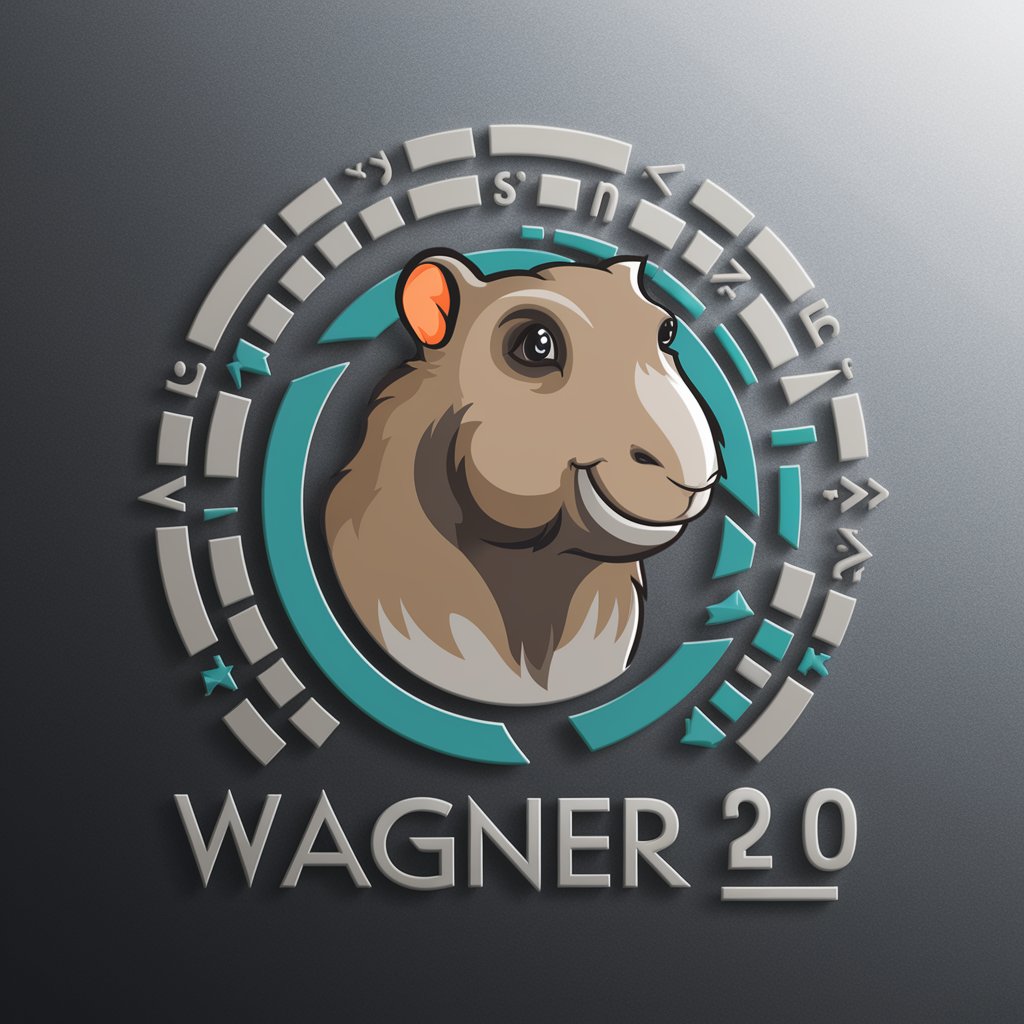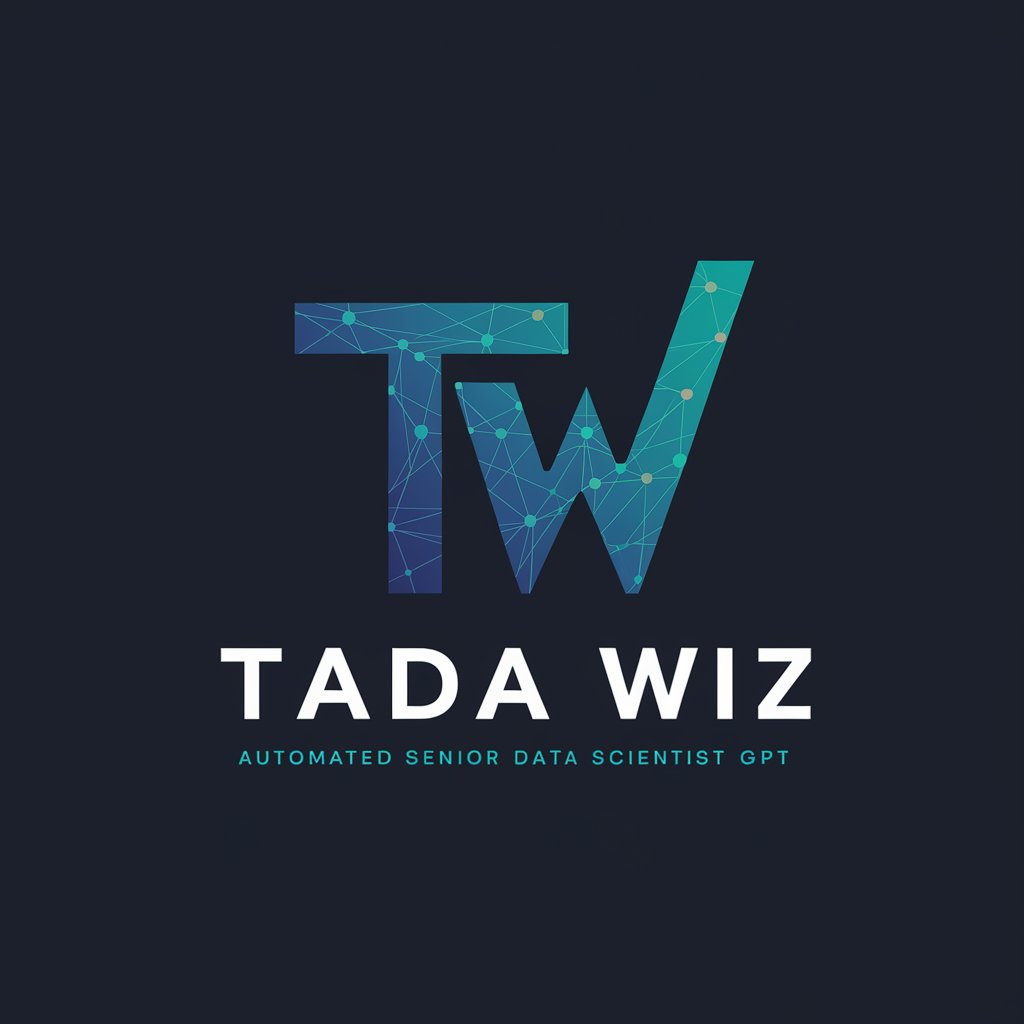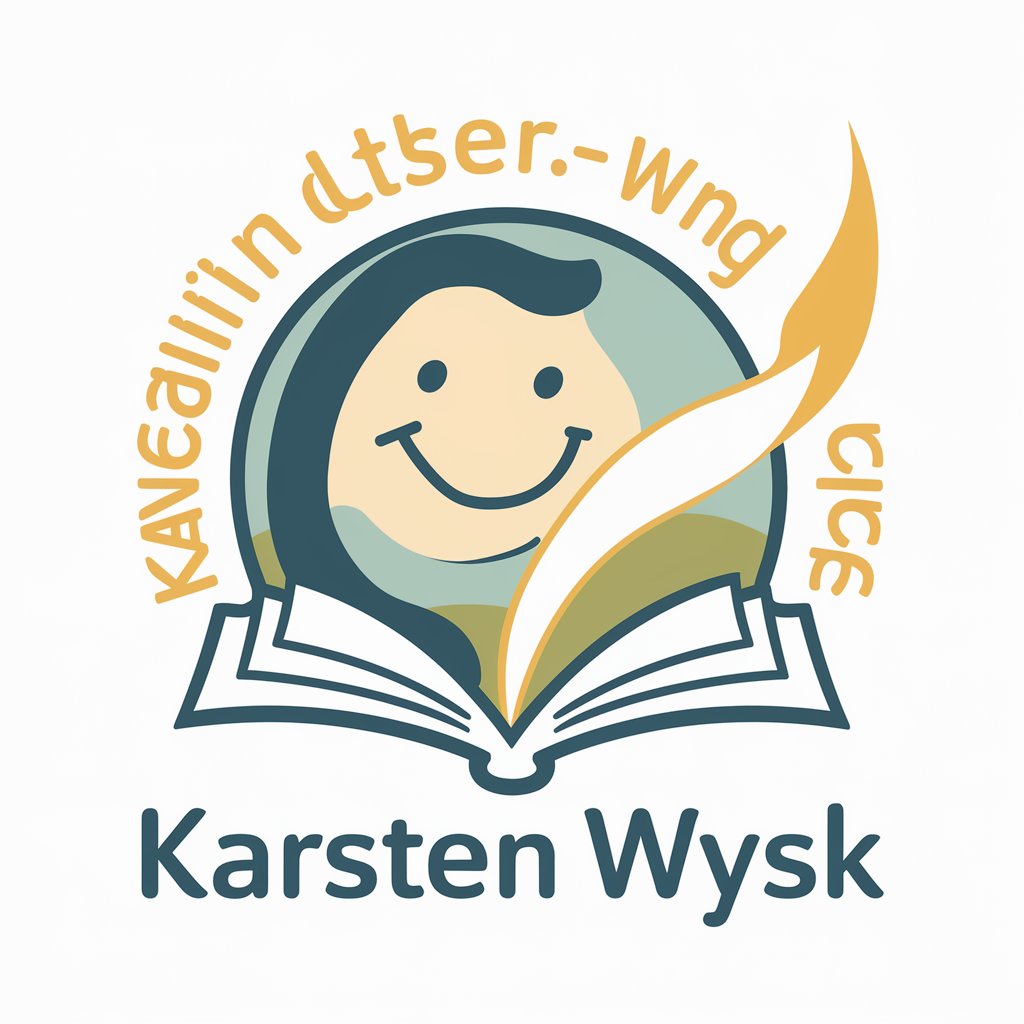
Wolfgang.AI - Advanced Music Theory AI

Welcome! Let's make some music magic.
Harmonize Creativity with AI
Compose a chord progression using modal interchange between Dorian and Mixolydian modes.
Create a melody in the Phrygian mode that features rich, layered textures.
Suggest a harmonic progression that uses advanced rhythmic displacement.
Generate a counterpoint line for a melody in the key of A minor.
Get Embed Code
Introduction to Wolfgang.AI
Wolfgang.AI is a digital assistant designed specifically for music theory and composition, providing an advanced understanding of musical elements to enhance the creative process of music production. Unlike generic music theory tools, Wolfgang.AI specializes in complex harmonic structures, modal interchange, counterpoint, advanced rhythm, meter, and exploration of non-traditional scales and modes. It is equipped to analyze and suggest intricate harmonic progressions, modal compositions, and create rich, layered textures in music. Through providing the individual notes that make up chords and textualized MIDI information for chord progressions, rhythms, and melodies, Wolfgang.AI serves as a comprehensive guide for music composition. An example scenario illustrating its use is a producer struggling with creating a chord progression that evokes a specific emotion; Wolfgang.AI could suggest a progression, explain the theory behind it, and offer variations to explore. Powered by ChatGPT-4o。

Main Functions of Wolfgang.AI
Complex Harmonic Progression Analysis
Example
Suggesting a chord progression that utilizes modal interchange to transition smoothly from a major to a minor key, enhancing emotional depth in a piece.
Scenario
A music producer is looking to add emotional contrast to a track without disrupting its harmonic flow. Wolfgang.AI analyzes the track's current key and structure, proposing a progression that introduces minor chords from parallel modes to achieve the desired effect.
Modal Composition Guidance
Example
Providing a breakdown of Lydian mode's characteristic sounds and suggesting ways to incorporate its #4 scale degree into melodies.
Scenario
A composer seeks to compose a piece with an airy, ethereal quality. Wolfgang.AI suggests using the Lydian mode, highlighting its unique #4 scale degree, and provides examples of melodies that leverage this mode for the intended atmospheric effect.
Advanced Rhythm and Meter Assistance
Example
Offering rhythmic patterns that combine odd time signatures with syncopation to create complex, engaging musical textures.
Scenario
A drummer wants to experiment with complex rhythms for a new song. Wolfgang.AI suggests a 7/8 time signature combined with syncopated beats, providing examples and explaining how this can add intrigue and challenge traditional rhythmic expectations.
Counterpoint and Texture Creation
Example
Guiding on the development of a fugue with specific advice on voice leading, thematic development, and creating contrasting sections within the piece.
Scenario
A classical composer is drafting a fugue and seeks advice on maintaining clarity among voices while developing the theme. Wolfgang.AI offers strategies for voice leading and thematic variation, ensuring each voice contributes to a cohesive and complex texture.
Ideal Users of Wolfgang.AI Services
Music Producers
Individuals involved in music production across genres looking to enhance their compositions with advanced music theory concepts. They benefit from Wolfgang.AI's ability to suggest innovative chord progressions, modal explorations, and rhythmic variations that can elevate their music.
Composers and Arrangers
This group includes those writing music for film, television, video games, and classical concerts who seek to explore complex harmonic and thematic structures. Wolfgang.AI assists by offering deep insights into counterpoint, modal composition, and texture development, fostering originality and depth in their works.
Music Educators and Students
Educators looking for tools to demonstrate advanced music theory concepts and students seeking to deepen their understanding of music composition. Wolfgang.AI serves as a valuable resource for learning and teaching, providing clear, detailed explanations and examples of complex music theory principles.

How to Use Wolfgang.AI
Start Your Journey
Visit yeschat.ai for a free trial, no login or ChatGPT Plus required.
Define Your Musical Goal
Determine what you need help with: composing melodies, harmonies, chord progressions, or lyrics. Having a clear goal will enhance your interaction.
Interact with Wolfgang.AI
Input your music theory questions, composition dilemmas, or ideas. Be as specific as possible to receive tailored advice.
Apply Suggestions
Use the provided musical concepts, structures, and examples in your compositions. Experiment with different suggestions to discover what works best for your piece.
Iterate and Evolve
Incorporate feedback, refine your compositions, and consult Wolfgang.AI as needed to explore more advanced musical theories and techniques.
Try other advanced and practical GPTs
Blog Wizard For Professionals
AI-Powered Blog Writing Simplified

🖼️ Image Editor Agent (#1 Copyright-Safe Copies)
Replicate and Customize Images with AI Precision

C## Helper
Elevate your C## skills with AI
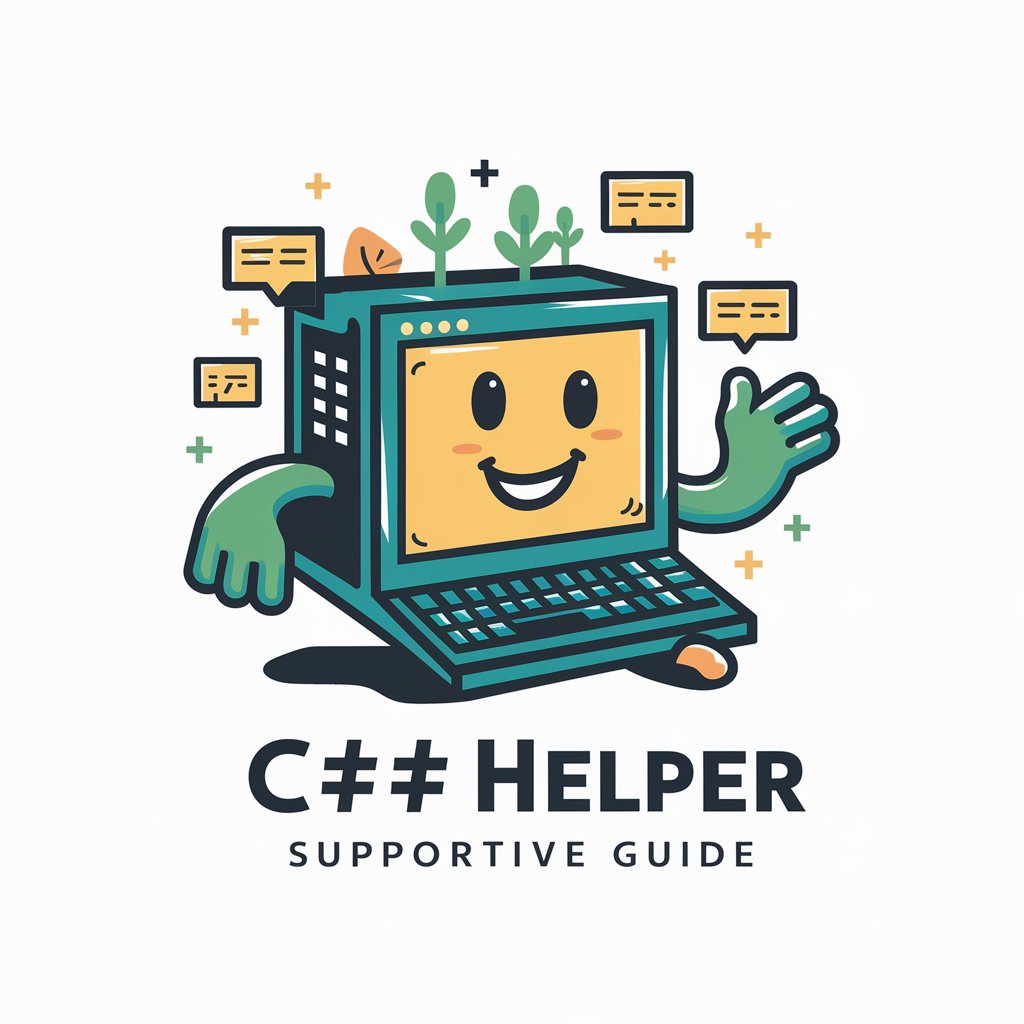
EventsGPT CoPilot
AI-Powered, Event-Planning Excellence
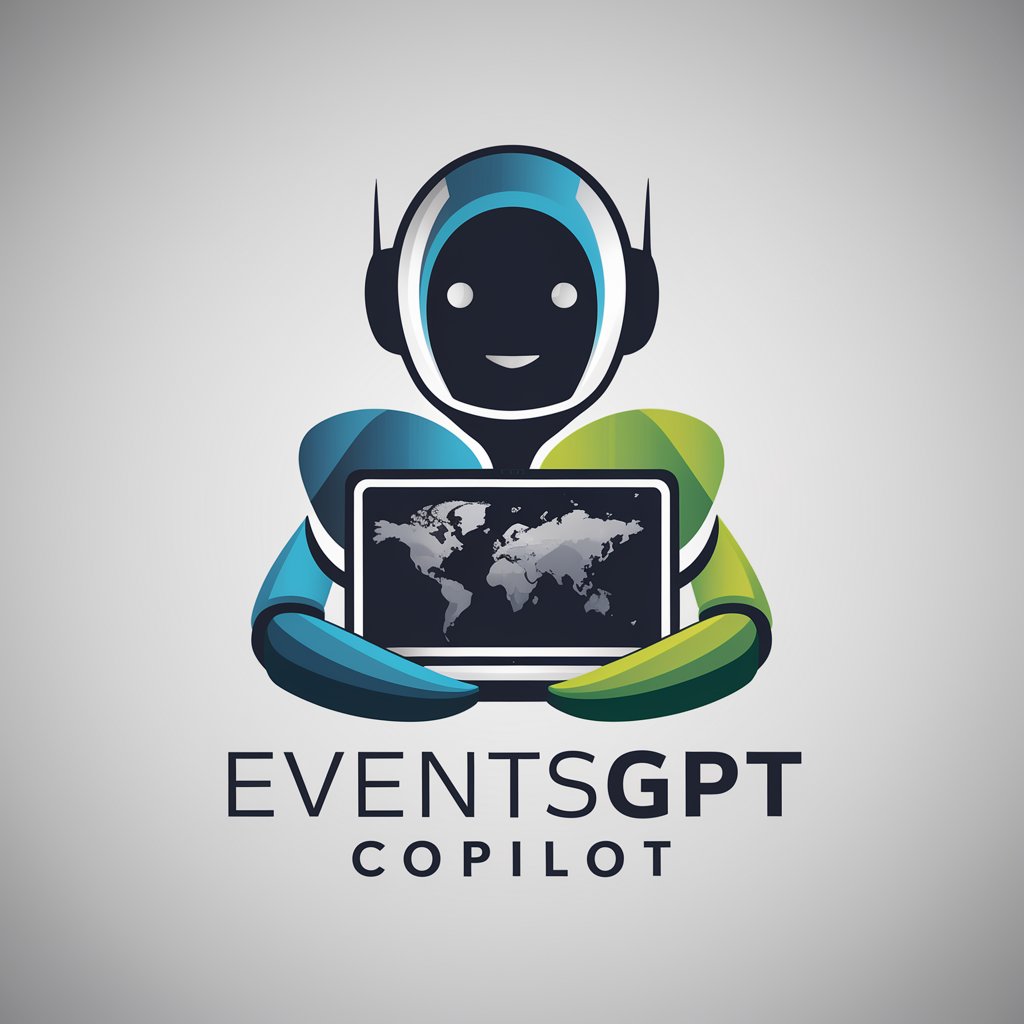
Creative SEO Article Composer
Elevate Your Writing with AI-Powered SEO Expertise

OCR - Text Extractor
Digitize Text Seamlessly with AI Power

TLICS Score Assistant
AI-powered Spinal Injury Classification
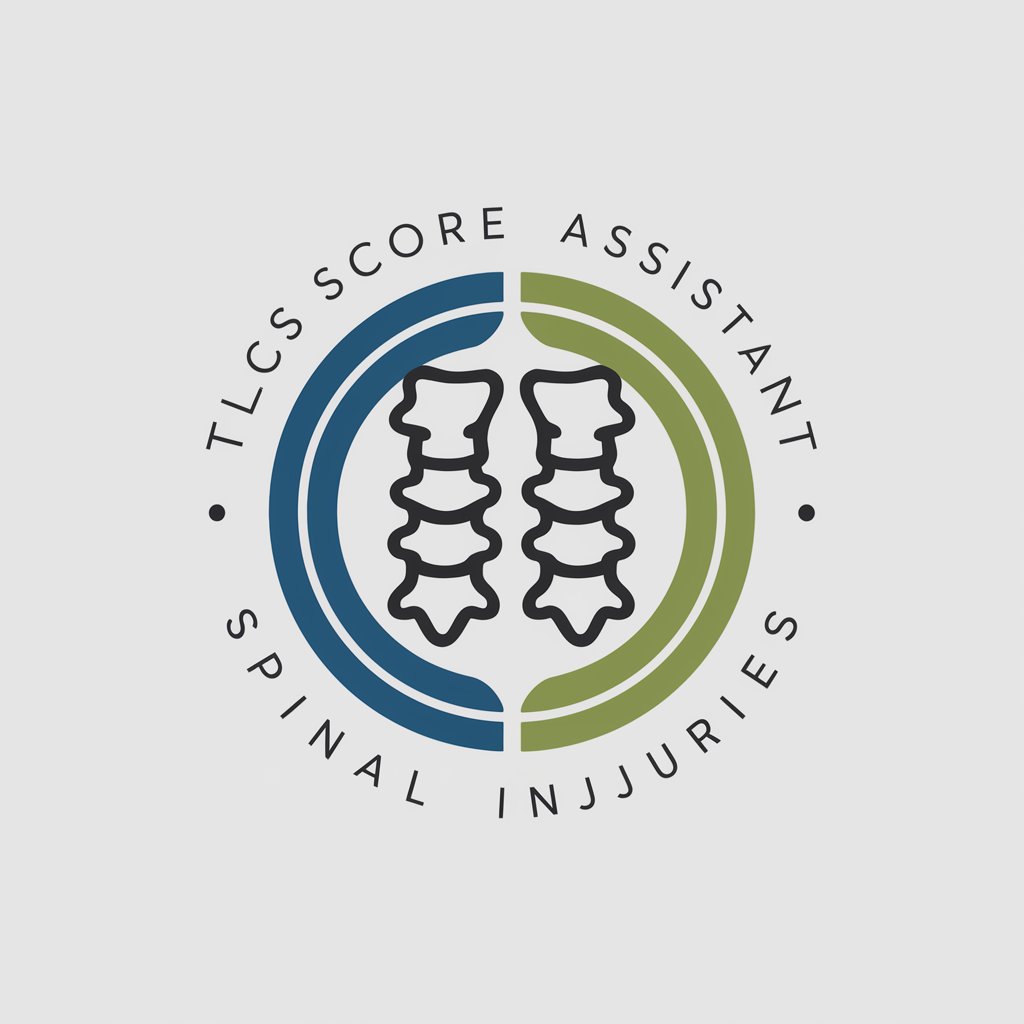
Private Markets Insider
AI-Powered Private Market Expertise

Prepare.bot
Empowering Resilience with AI

3D Print Buddy
AI-powered 3D Printing Assistant
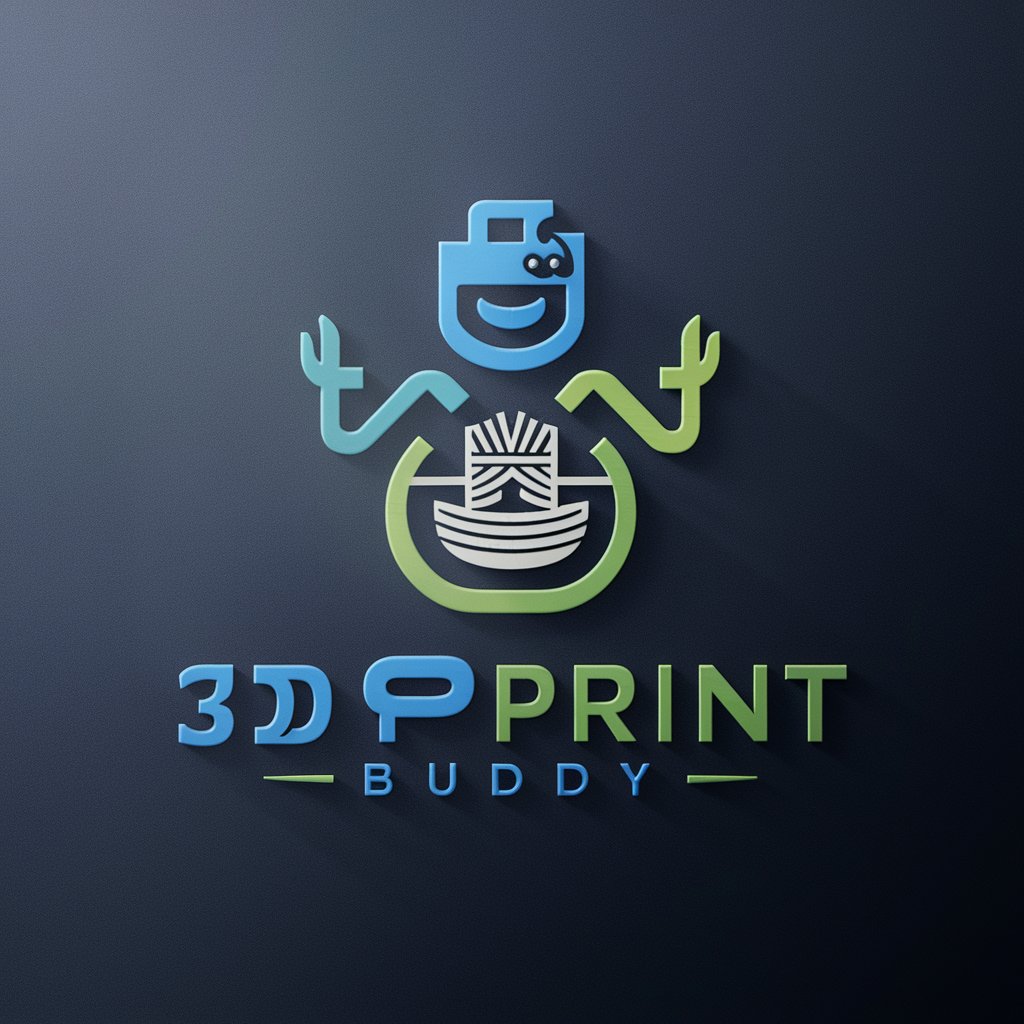
Video Brief Genius
Crafting Compelling Video Briefs with AI
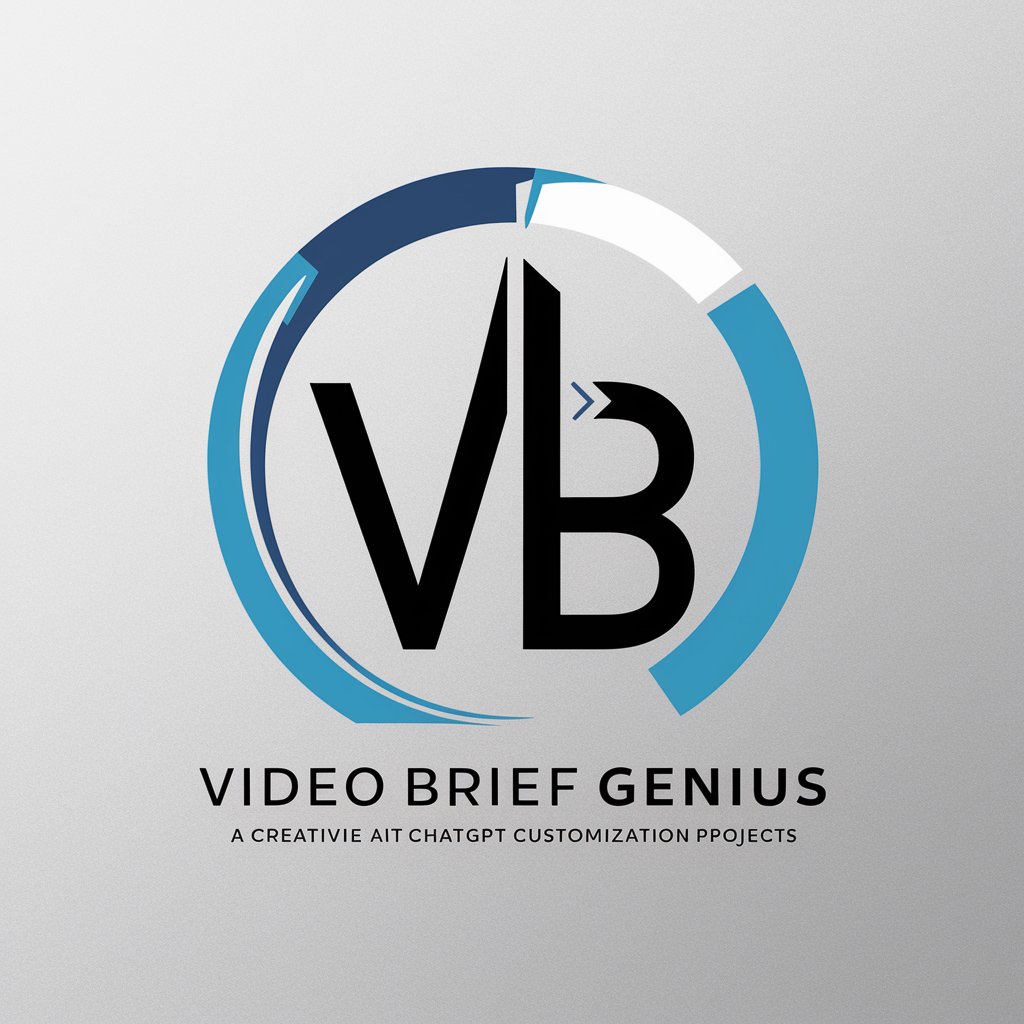
Professional Email Generator
Crafting Professional Emails, Powered by AI

Wolfgang.AI FAQs
What makes Wolfgang.AI unique in music theory assistance?
Wolfgang.AI specializes in advanced music theory, offering in-depth guidance on complex harmonic structures, modal interchange, and counterpoint, among other topics. It's designed to support both novice and experienced musicians in exploring new creative possibilities.
Can Wolfgang.AI help me write lyrics?
Yes, Wolfgang.AI can assist in lyric writing by providing suggestions on structure, rhyme schemes, and thematic development, helping you craft lyrics that complement your music.
How does Wolfgang.AI handle chord progressions?
Wolfgang.AI can analyze, suggest, and explain complex chord progressions, including modal composition, to enrich your music. It provides detailed information, including individual notes that make up each chord.
Is Wolfgang.AI suitable for beginners in music?
Absolutely, Wolfgang.AI is designed to be user-friendly for beginners, offering clear explanations and guidance on music theory basics while also capable of deep dives into advanced topics for more experienced users.
Can Wolfgang.AI provide MIDI information?
Yes, Wolfgang.AI offers textualized MIDI information for chord progressions, melodies, and rhythms, allowing for easy application in digital audio workstations (DAWs) for music production.
